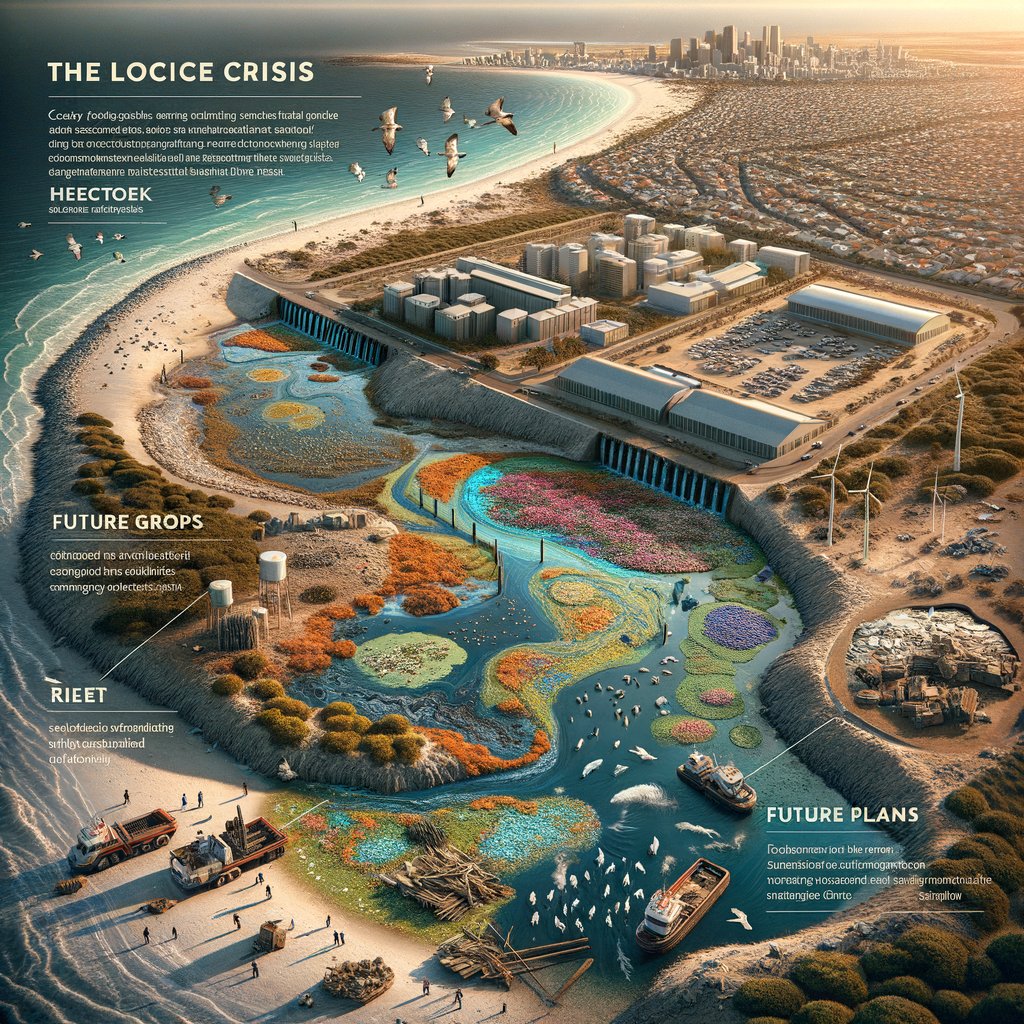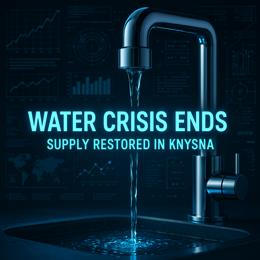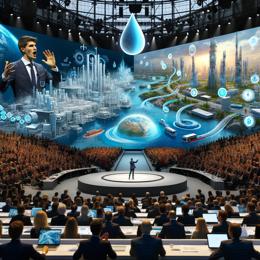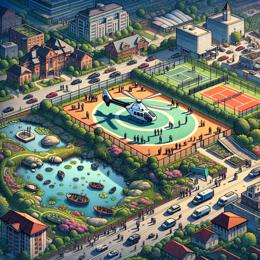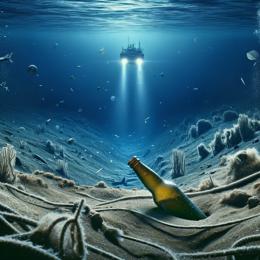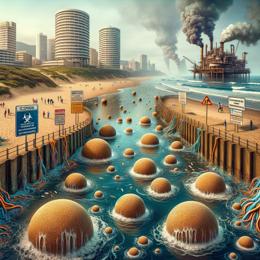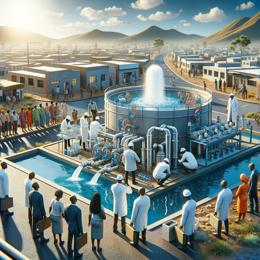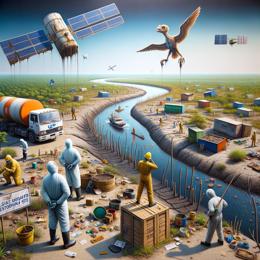Image created by AI
Cape Town's False Bay Nature Reserve Battles Pollution as Algal Toxins Threaten Biodiversity
Cape Town's cherished False Bay Nature Reserve is currently grappling with a formidable ecological crisis. The Zeekoevlei section, a vital component of the reserve, has been closed off to the public since December 12, 2024, due to the presence of dangerous blue-green algal blooms which have led to high concentrations of microcystin toxins. This development poses not only a threat to local biodiversity but also disrupts recreational activities that are synonymous with the area's vibrant community life.
Residents and environmental groups have expressed their frustration over what they perceive as the City of Cape Town's inadequate response to the ongoing pollution issues that have long plagued Zeekoevlei. Despite warnings from local environmental advocates like Friends of Zeekoevlei and Rondevlei, and the looming threat of a biodiversity collapse, tangible remedial actions have been slow.
The severity of the situation is underscored by reports from Dr. Liz Day, a renowned freshwater ecologist. She notes that the toxins produced by the algal blooms can cause liver damage if ingested and potentially damaging skin rashes upon contact. The ecological ramifications extend to the wildlife dependent on the vlei, including various bird species, fish populations, and mammals like the Cape clawless otter.
Challenges are further compounded by continued sewage mishaps in the nearby Rietvlei section of the Table Bay Nature Reserve, spotlighting broader systemic issues within the City's management of its natural reserves. Overflows and pollution, exacerbated by failed infrastructure repairs, create not just temporary inconveniences but persistent environmental hazards.
Notably, efforts by local environmental groups to combat these issues are being hindered. The high levels of sewage and accumulation of solid waste have significantly limited their ability to maintain cleanliness and ecological balance in the area. They reportedly collect an average of 140 bags of litter a day, a testament to the scale of pollution affecting the reserve.
In response to mounting pressure and negative publicity, the City of Cape Town has outlined steps to address these environmental challenges. Plans are underway to dredge nutrient-rich sediments from Zeekoevlei early next year, which is expected to reduce the level of pollution entering the system. Additionally, the City is considering more significant interventions such as transforming open sewage channels into closed systems to prevent illegal dumping and further pollution.
Local governmental responses, however, have been met with skepticism by community leaders and environmentalists, who argue that the measures are long overdue and are calling for increased accountability and transparency in the City's handling of environmental issues.
As Cape Town heads towards the 2025 regatta seasons and peak tourist months, the stakes for adequately addressing these environmental issues could not be higher. The health of the False Bay Nature Reserve is not only a matter of local but also national concern, as it affects biodiversity conservation efforts and the overall ecological health of the region.
